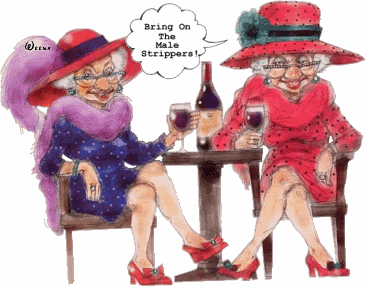 The Bachelor
The Bachelorby Stella Gibbons
Publication Date: August 1, 1944
Genre: fiction
Pages: 420
Project: a century of women
Brother and sister, Constance and Kenneth Fielding live in calm respectability, just out of reach of London and the Blitz. But when a series of uninvited guests converge upon them – from a Balkan exile to Ken’s old flame and the siblings’ own raffish father – the household struggles to preserve its precious peace. In this full house, in a quiet corner of suburbia, no one expects to find romance.
I had planned to read this one for a 1944 club on my blog but ran out of time. This is my second Gibbons, and I have not yet read her most celebrated work Cold Comfort Farm – the first one I read was called Nightingale Wood, which I read a couple of years ago.
I think I liked this one a tiny bit better than Nightingale Wood, although it has some of the same issues that I stumbled on in that one. It’s set during WWII, so the characters are on the homefront during the active fighting, but they scarcely seem to notice that there is a war on. There is some talk about the blackout, and a bit during a barrage, and a couple of the characters have war work that they are engaged in, but for the most part the three main character’s lives go on much as they do during peacetime. I’m not sure if this is an accurate depiction of the way that money can smooth all of the rough edges off the world, even during WWII, or if it is a bit of wishful thinking on the part of Gibbons. I tend to think the latter.
It is a bit of a romance, with the characters coupling off all over the place. My issue with The Bachelor is that I found only one of the pairings even remotely appealing or plausible. Gibbons writes flawed characters, which isn’t a problem for me, but also writes characters who need a swift kick in the ass. The only characters I particularly liked were Betty and Alicia, and I actively disliked Vartouhi and Constance and found them unconvincing. Richard and Kenneth (the titular bachelor, btw) were pleasant enough, if a bit wet.
The writing is a pleasure to read, however, and the descriptions of Sunglades, the home where most of the “action” takes place, are beautiful. I will definitely read more Gibbons, because no matter my issues with her novels, they are worth reading.
 Alexander's Bridge
Alexander's Bridge The Voyage Out
The Voyage Out Loitering With Intent
Loitering With Intent